While the new president-elect of the IFA has said his number one priority will be to secure improved beef prices for farmers, Tim Cullinan will also need to ensure the organisation he leads will be financially secure into the future.
No doubt since the last election, four years ago, the IFA has steadied the ship. It has taken on board recommendations in the Lucey Report, appointed a director general and implemented cost savings.
It claims to have 72,000 paid-up members and this election demonstrates their loyalty with almost 23,000 (32%) committed people coming out to vote.
It is important to point out that the organisation has a healthy balance sheet with net assets of almost €15m. Most of its assets are held in a special reserve fund which the IFA established in 1985 to maintain healthy reserves for times of exceptional circumstances.
These funds are a mixture of cash and quoted (mainly FBD) and unquoted shares.
The elephant in the room may relate to the IFA’s greatest asset as a farm organisation – its executive
However, even though it has such high reserves, it has been eating into them in recent years. Court cases and their associated settlements and legal costs have dented profitability and the ability of the organisation to add to its reserves and it is using them to fund day-to-day operations. For example, in 2018, its special reserve fund reduced by almost €3m to €9.5m (some €1m of this was associated with a decrease in the value of FBD shares).
As the current treasurer of the IFA, he will be more than aware of the financial pressures on the organisation. While he has some time on his side, thanks to the large reserves, he will understand that no organisation or business can sustain long-term periods of weak or, worse still, no profitability.
Four-year performance
Over the four years since the last election, the IFA has seen a decline in its fortunes. While annual expenses have fallen by almost €2m, annual incomes have declined by almost €3m over that period, leaving the association with a widening gap in its core activities.
While the association across all its activities did improve its position somewhat to the end of March 2019, it still made an operating loss of €246,000 (€1.5m loss in 2018).
However, more concerning is that its core operations (excluding property, investments and IFA Telecom) made a loss of €874,000. And, while profits from its IFA Telecom business (€447,835) and investments (€135,620) did narrow the losses, it was not enough to bring the organisation into the black.
IFA Telecom was set up to diversify and bolster the finances of IFA. It has been hugely successful and was adding almost €1m to the organisation in the past. Last year, it added less than half this.
One of the most important income drivers for the IFA has been the European Involvement Fund – a fee that is collected by dairy processors, meat factories and grain merchants on farm output.
In the last four years, it has fallen by 25% to €3m. It garnered a lot of attention three years ago when Larry Goodman’s ABP refused to collect it on behalf of the IFA. While the IFA does not provide a breakdown by sector, it is understood beef levies are down with milk levies up due to dairy expansion.
For all the talk about falling membership, according to the accounts, membership appears to be holding up with fees of €5.7m last year – down less than 3% in four years.
Beef protests
However, given the beef protests by other farm organisations over the summer, this may dent this figure in the future. That makes Cullinan’s job as president all the more challenging.
The elephant in the room may relate to the IFA’s greatest asset as a farm organisation – its executive. At an annual cost of €5.4m, it is the association’s biggest cost accounting for a third of all expenditure.
While there have been efforts to reduce pay, the overall cost has barely moved in the last four years. The accounts show that 15 people in the association receive an average compensation of €122,000 including pension contribution.
Three more receive an average compensation of €173,000 (including pension). The director general receives a salary of €185,000 while the association’s president receives a salary of €120,000 and the deputy president receives €35,000. Labour replacement on farms of national council members amounted to €246,000 last year.
In summary, Cullinan takes the reins of a strong IFA but he will need to address the financial pressures to avoid eating further into reserves.
Maintaining and growing its solid membership base is critical but returning it to core profitability may take more.




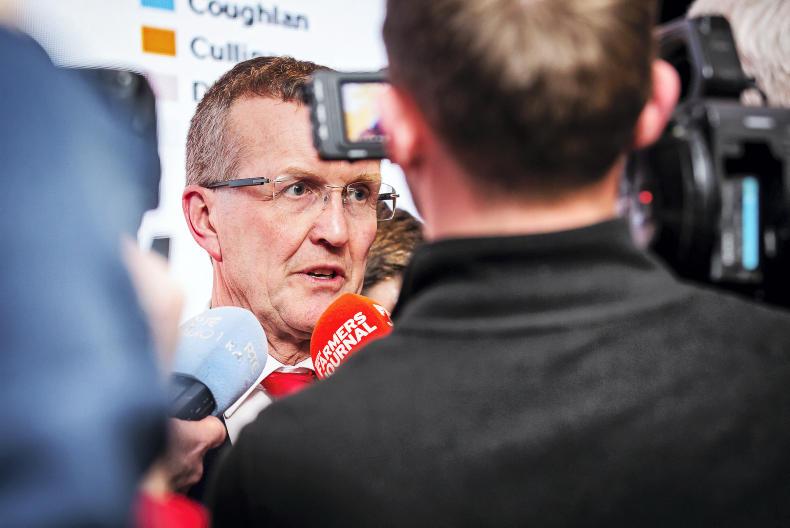
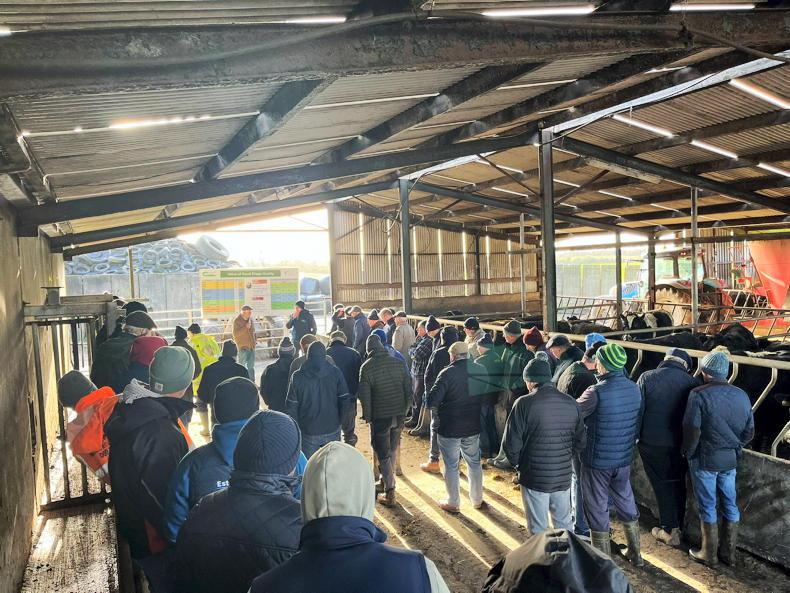

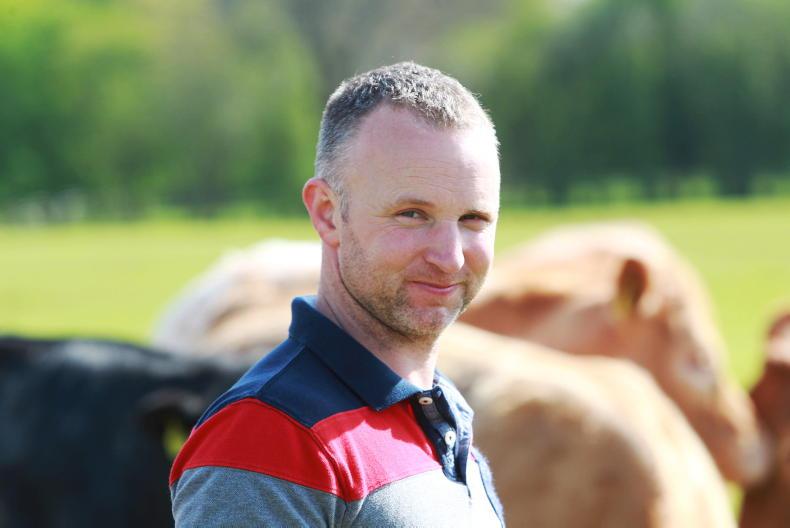
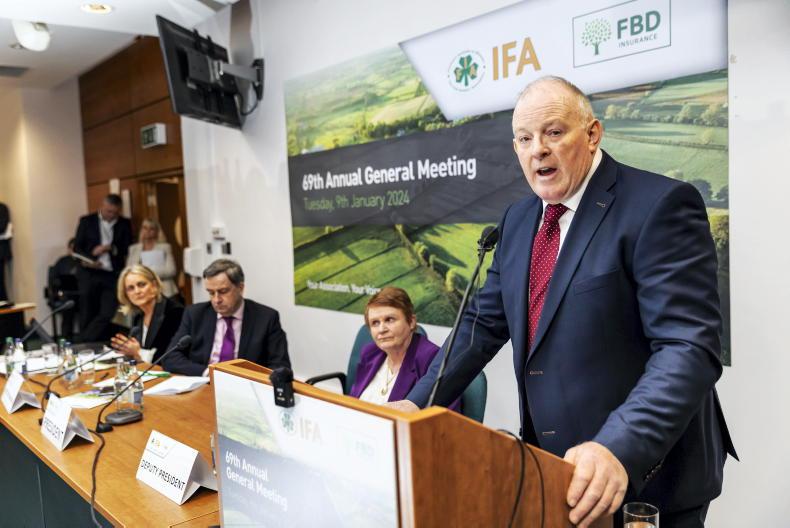
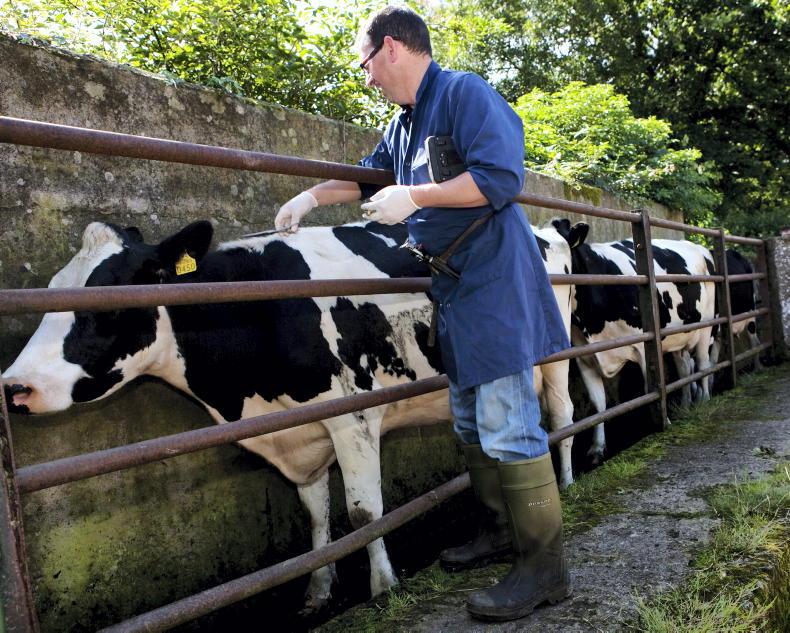
SHARING OPTIONS